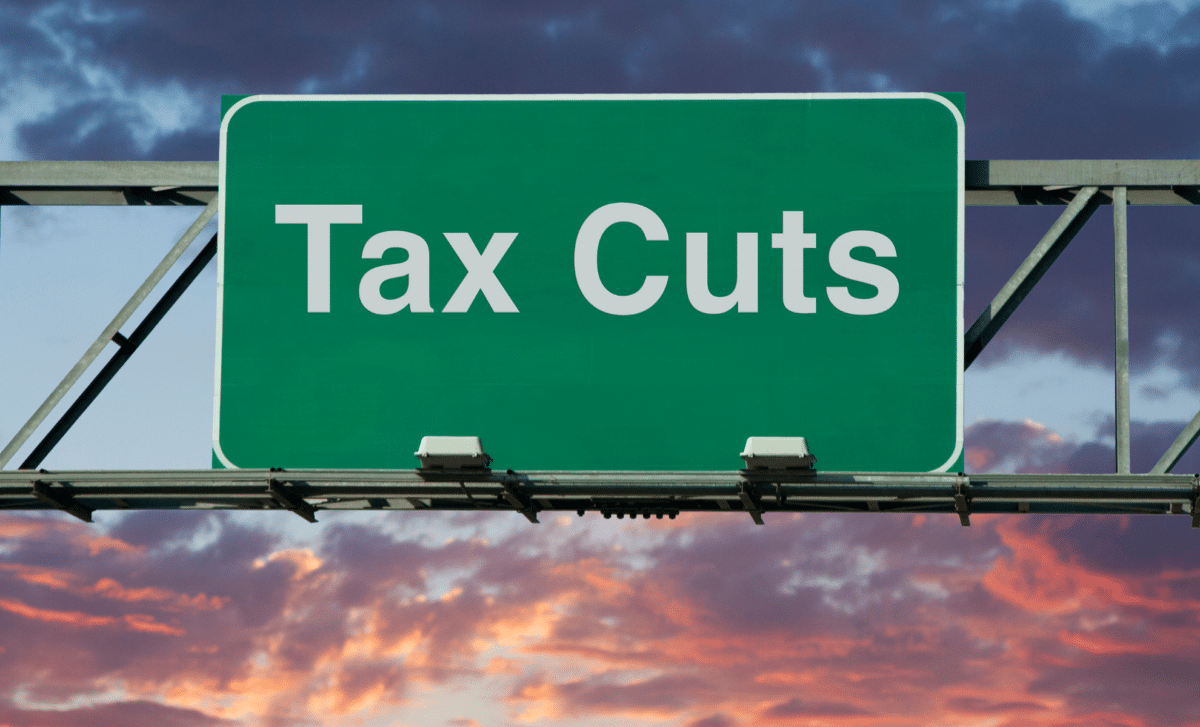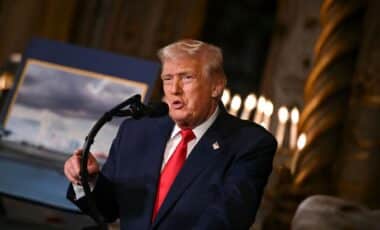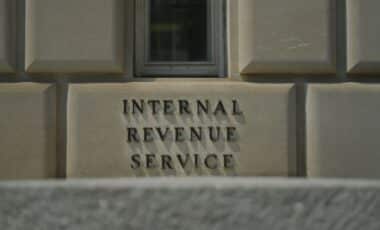Jeremy Hunt remains committed to proceeding with tax cuts, despite the International Monetary Fund (IMF) cautioning that the increasing debt burden and NHS challenges render such cuts unsustainable for Britain.
Chancellor Jeremy Hunt Defends Tax Cuts Amid IMF Warning on Britain’s Growth
IMF Chief Economist, Pierre-Olivier Gourinchas, cautions against additional discretionary tax cuts amid new forecasts ranking Britain’s growth as second-slowest in the G7. Chancellor Jeremy Hunt defends his tax reduction plans, emphasizing the potential economic boost, despite the IMF’s warning.
The Chancellor contends that implementing “smart tax reductions” can significantly enhance growth, responding to the IMF’s rebuke just ahead of anticipated pre-election Budget announcements. While Hunt acknowledges uncertainty about affordability in the March Budget, he underscores the importance of reducing the burden on households and businesses.
Pierre-Olivier Gourinchas, the chief economist at the International Monetary Fund (IMF), cautioned against pursuing further discretionary tax cuts for the UK.
IMF Warns Against Tax Cuts Amid UK Growth Concerns
The IMF’s latest forecasts indicate that the country is expected to have the second-slowest growth rate among G7 nations this year.
Despite the warning, Chancellor Jeremy Hunt defended the idea of “smart tax reductions” to stimulate the economy. The IMF suggested that focusing on managing the growing debt pile should be a priority, especially considering the anticipated spending pressures on healthcare, social care, and education.
The fund urged against additional tax cuts to ensure stable and contained debt dynamics, describing post-2024-25 spending plans as “very challenging.” The IMF’s projections also highlighted a sluggish economic growth of 0.6% in the UK for the current year, ranking second lowest in the G7 after Germany.
IMF Downgrades UK Growth Forecast, Flags Fiscal Challenges
The International Monetary Fund (IMF) has revised its growth forecast for the UK in 2025 to 1.6%, a downgrade from its previous October estimate of 2%. The projections overlook government intentions to cut spending by £20 billion post-2024-25 while safeguarding health and education budgets.
The IMF views this reduction as highly challenging to achieve and assumes that the non-interest spending to GDP ratio will remain relatively stable over the medium term. In response, Chancellor Jeremy Hunt emphasized the government’s commitment to growth through capital investment tax reliefs and national insurance cuts, though he acknowledged uncertainty about the affordability of further tax reductions in the upcoming Budget.
Downing Street echoed the emphasis on lowering inflation and reducing debt as key priorities for Chancellor Rishi Sunak.
Moreover, the International Monetary Fund (IMF) has cautioned against additional tax cuts, urging governments to focus on managing debt and stabilizing spending in a year where many nations, including the UK, gear up for elections.
IMF’s Chief Economist Pierre-Olivier Gourinchas highlighted the potential risks of increased spending, such as heightened inflation and future disruptions. While the IMF projects a global economic expansion of 3.1% in 2025, Gourinchas emphasized the need for cautious optimism, noting that the pace of growth remains slow, and uncertainties may persist.
IMF Forecasts Decline in UK Inflation, Anticipates Gradual Rate Cuts
The International Monetary Fund (IMF) anticipates a continued decline in UK inflation, reaching around 2.3% in the second quarter of 2024 from its December level of 4%. IMF staff projects that inflation will persistently reach the 2% target by early 2025. This reduction in inflation is expected to facilitate cheaper borrowing and contribute to real income growth.
However, IMF Chief Economist Pierre-Olivier Gourinchas cautioned against overly optimistic expectations of early rate cuts, stating that investors may be too hopeful. The IMF predicts the Bank of England to commence rate cuts in the second half of 2024, with rates falling to 4.75% by the end of the year.









